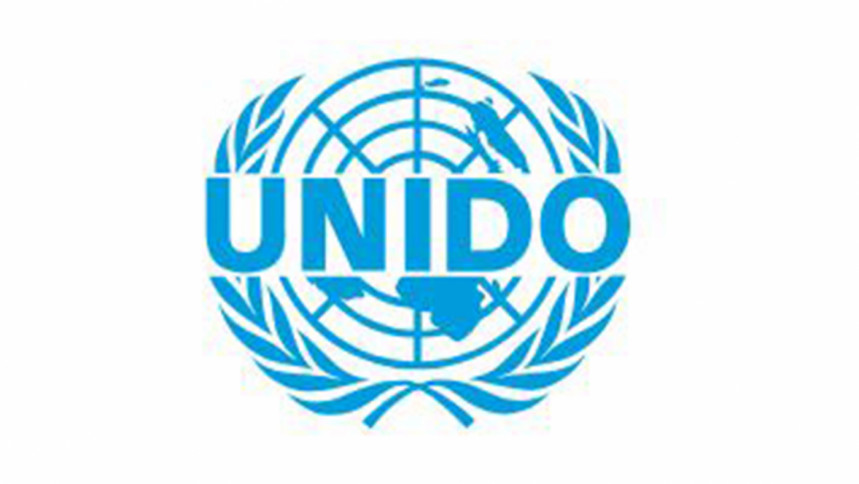Introduction to the Circular Economy Project in Ghana
The United Nations Industrial Development Organisation (UNIDO) has launched a significant initiative aimed at advancing Ghana’s circular economy. This project, funded by the Canadian government and worth $5.3 million, is set to run for five years and will be implemented nationwide. The focus of this project is to promote sustainable development through innovative strategies that reduce waste, reuse materials, and regenerate natural systems.
The Importance of a Circular Economy
A circular economy plays a crucial role in achieving the United Nations Sustainable Development Goals (SDGs), especially those related to sustainable consumption and production, responsible resource management, and climate action. By adopting circular practices, countries can simultaneously work towards multiple SDGs, creating a more sustainable and equitable future for all.
This initiative is being carried out by the Ghana Circular Economy Center (GCEC) Project, which is collaborating with the Ministry of Environment, Science, and Technology. The goal is to reshape key sectors such as agriculture, textiles, and plastics, with a particular focus on empowering youth and women.
Key Partnerships and Implementation
The GCEC Project is being hosted by the Ho Technical University, with the Kwame Nkrumah University of Science and Technology (KNUST) leading efforts in the agricultural and agro-processing sectors. The University of Cape Coast and the Or Foundation are spearheading the plastics and textiles sectors respectively. These partnerships ensure that the project benefits from diverse expertise and resources.
At a validation workshop held in Sunyani, Mr. Joseph Yeboah, the Strategic Partnership Engagements Lead of the GCEC Project, provided an overview of the project. Attendees included farmers, mostly women and youth, along with Heads of Departments and Agencies, as well as firms involved in agro-processing, waste management, and sanitation.
Objectives and Expected Outcomes
Mr. Yeboah outlined the project’s objectives, which include enhancing inclusive economic prosperity and environmental conditions, particularly for women and youth. The project aims to increase the use of financial, business, and technology development services by small-scale entrepreneurs supported by the GCEC. It also seeks to advance the adoption of circular economy technologies and practices within the private and informal sectors, supported by a strengthened local ecosystem.
One of the key goals is to train 2000 small-scale entrepreneurs, while also aiming to raise $10 million in private capital. This investment will help create a more resilient and sustainable economic environment.
Challenges and Opportunities
Despite the potential benefits, there are challenges that need to be addressed. Mr. Yeboah highlighted that Ghana generates about 1.1 million tonnes of plastic waste annually, with a recovery rate of only 12 percent. Most plastics remain unmanaged, and the informal sector is often sidelined, with virgin plastic imports remaining dominant.
Additionally, Ghana imports over 143,000 tonnes of secondhand clothing each year, with up to 23 percent of this not being sellable or recoverable, leading to significant waste.
Call for Collaboration
Mr. Eric Gyenin, the Country Project Coordinator for UNIDO, emphasized the importance of everyone’s contribution to the success of the project. He urged a strong collaborative approach and support to achieve desirable outcomes and ensure that Ghana derives maximum benefit from its circular economy initiatives.
This project represents a significant step forward in promoting sustainable development in Ghana, with the potential to create lasting positive impacts on the environment and the economy.







